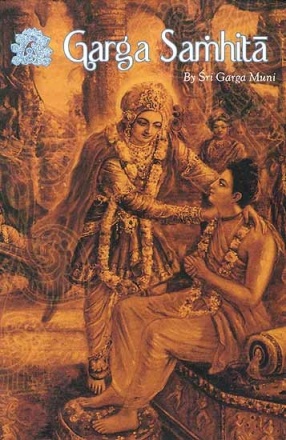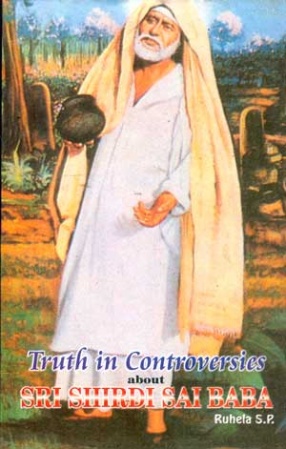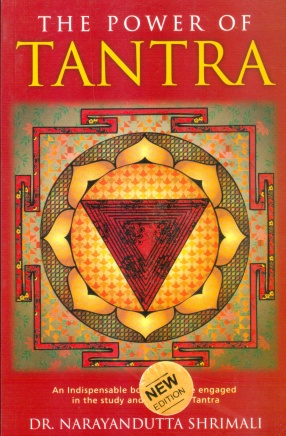Garga Samhita
The original Vedic srutis and their derivative smrtis mostly reflect the general interests of human beings, who strive for material progress, rarely inquiring philosophically into the purpose of life. The confidential science of pure devotional service is taught explicitly only in a few Vedic scriptures little known to the public. Among these rare texts are the Gopala tapani Upanisad, the Narada Pancaratra, the Garga Samhita, the Visnu Purana, the Hari-vamsa Upapurana, the Uttara-khanda of the Padma Purana, and the Bhagavata Maha-purana.
There was a king named Pratibahu, the son of Vajra, who resided at Mathura, the abode of Lord Krsna. His wife was named Malini. He performed some difficult vows in the hopes of receiving a son. And yet, in spite of all his endeavors, the king did not receive a son and so he became quite morose. No one could console him because it was his belief that the life of a man without a son is completely useless.
One day, after the king had become old and grey, the sage, Sandilya, came to him. Seeing how the king appeared morose, the sage inquired about his welfare. In reply, King Pratibahu revealed to him is misfortune of having no son. The sage then spoke to the king for his welfare.
Get it now and save 10%
BECOME A MEMBER







Bibliographic information